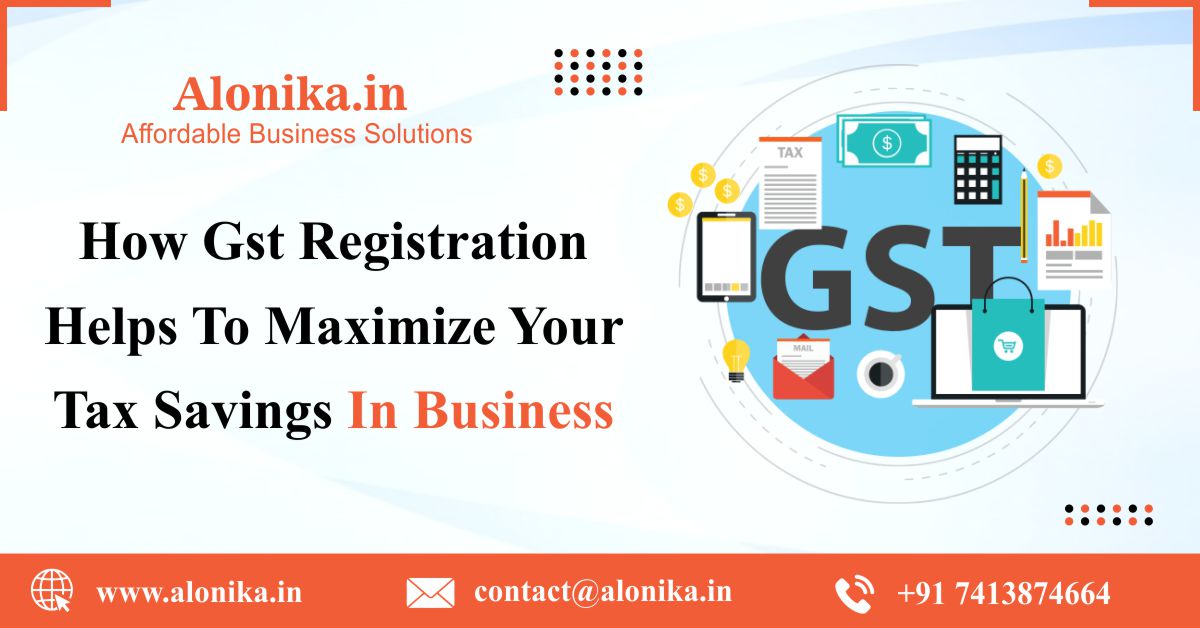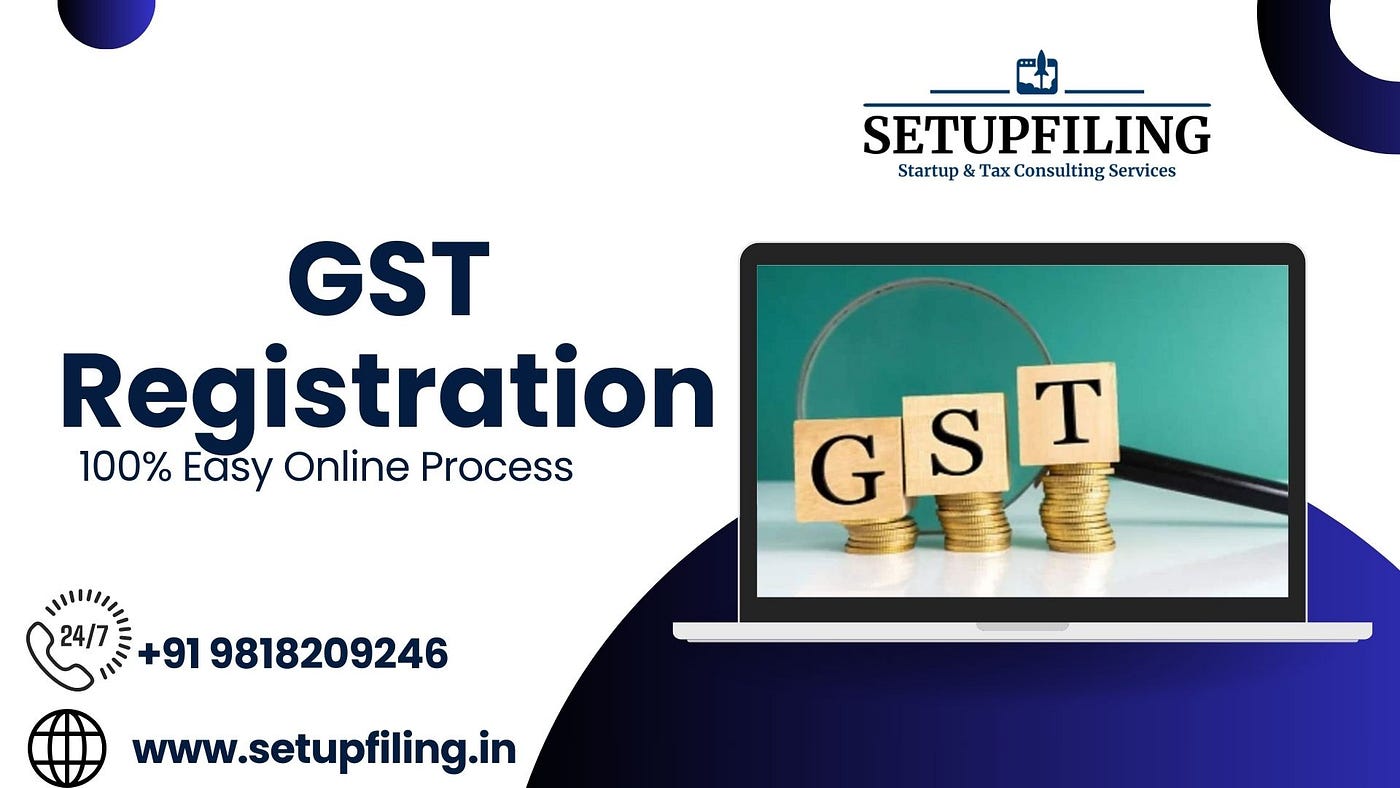From Beginning to End Up: The Ultimate Roadmap to GST Enrollment for Companies Looking For Financial Security
Navigating the intricacies of Product and Services Tax Obligation (GST) enrollment is a critical step for organizations striving for economic stability. From understanding the essential concepts of GST to abiding by post-registration standards, the process can seem discouraging initially glance. Nevertheless, damaging down the roadmap into convenient actions can simplify the registration journey for services aiming to enhance their financial standing. Let's check out the crucial components that make up this ultimate roadmap and discover how each stage adds to laying a solid foundation for monetary success.
Understanding GST Fundamentals
Looking into the fundamental concepts of Product and Services Tax (GST) is vital for acquiring a detailed understanding of its effects on businesses and the economic climate. GST is a value-added tax levied on most items and solutions for domestic consumption. It has actually replaced multiple indirect tax obligations that existed in the pre-GST age, streamlining the tax obligation framework and improving simplicity of doing company in India. Under the GST system, both services and products are taxed at a specific rate, which is determined based upon their classification. Organizations are needed to register for GST if their yearly turnover goes beyond the threshold limitation set by the federal government. Input Tax Debt (ITC) is a considerable feature of GST, permitting services to declare credit history for tax obligations paid on inputs, lowering the total tax concern. Recognizing the basics of GST is critical for services to comply with tax obligation policies, handle their finances efficiently, and add to the country's financial growth by taking part in a transparent tax obligation system.
Qualification Criteria for Enrollment
To sign up for GST, organizations should satisfy specific qualification criteria established by the federal government. The key qualification need is that any business included in the supply of products or services with an annual aggregate turnover above the threshold limitation set by the authorities need to sign up for GST. Since the existing regulations, the threshold restriction for GST registration is a yearly aggregate turn over of 40 lakhs for services operating within a state, with the exception of special group states where the limitation is 20 lakhs. Additionally, certain organizations are called for to sign up for GST irrespective of their turnover, such as interstate distributors, laid-back taxable individuals, and services responsible to pay tax obligation under the reverse fee system. It is essential for companies to extensively examine their turnover and transaction types to identify their GST enrollment responsibilities properly. Failing to register for GST when eligible can result in charges and legal repercussions, making it necessary for companies to follow the specified eligibility requirements.
Records Required for Registration
Having actually met the eligibility criteria for GST registration, services have to now her latest blog ensure they have the requisite files in area to wage the enrollment procedure effectively. The records required for GST registration usually consist of evidence of organization constitution, such as collaboration deed, registration certificate, or consolidation certification for various kinds of companies. Additionally, organizations require to give files developing the major place of service, such as a rental contract or electricity bill. PAN card of the company, in addition to the identity and address proof of promoters/partners/directors, are important for verification purposes. Savings account statements, along with canceled cheques or a duplicate of the financial institution passbook, are required to confirm the financial details supplied throughout enrollment. Organizations have to have electronic signatures ready for the accredited notary. Making sure all these files are arranged and easily available will quicken the GST enrollment process, making it possible for organizations to conform with tax laws effortlessly.
Step-by-Step Enrollment Process
Beginning the GST enrollment procedure includes a collection of organized actions to make sure a compliant and seamless enrollment for services. The initial step is to check out the GST portal and fill in the enrollment kind with precise information of the service entity. Following this, the candidate obtains a Momentary Reference Number (TRN) which is utilized to return to the application procedure if it's not finished in one go.
Following, all required documents according to the list given by the GST portal need to be published. These records typically include proof of company registration, identity and address proofs of see this website marketers, monetary statements, and service entity's PAN card.

Post-Registration Conformity Standards

Conclusion
To conclude, services seeking monetary stability has to recognize the basics of GST, meet qualification standards, collect required records, comply with the detailed registration process, and adhere to post-registration guidelines - Best GST registration services in Singapore. By sticking to these actions, businesses can make sure compliance with tax obligation policies and keep economic stability over time
In addition, certain businesses are needed to register for GST regardless of their turnover, such as interstate suppliers, informal taxed individuals, and businesses accountable to pay tax obligation under the our website reverse cost system.Having met the qualification criteria for GST registration, businesses should now guarantee they have the requisite files in area to proceed with the enrollment process efficiently. The papers needed for GST enrollment usually include evidence of business constitution, such as collaboration deed, enrollment certificate, or consolidation certification for different kinds of businesses. Additionally, organizations need to give papers developing the major place of organization, such as a rental agreement or electrical energy expense.Commencing the GST enrollment procedure involves a series of structured steps to make sure a seamless and compliant enrollment for companies.